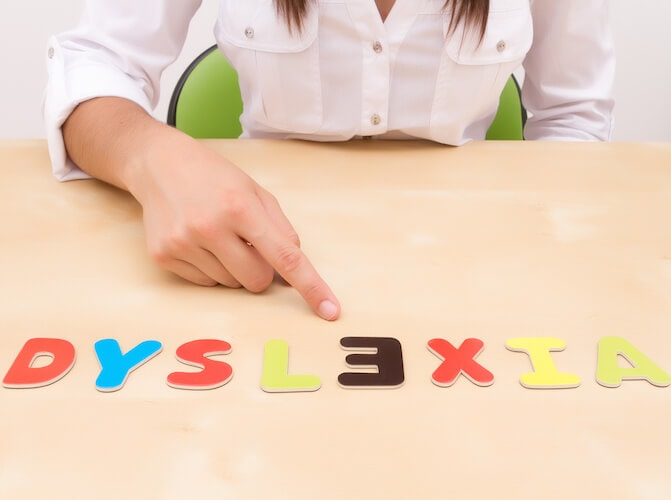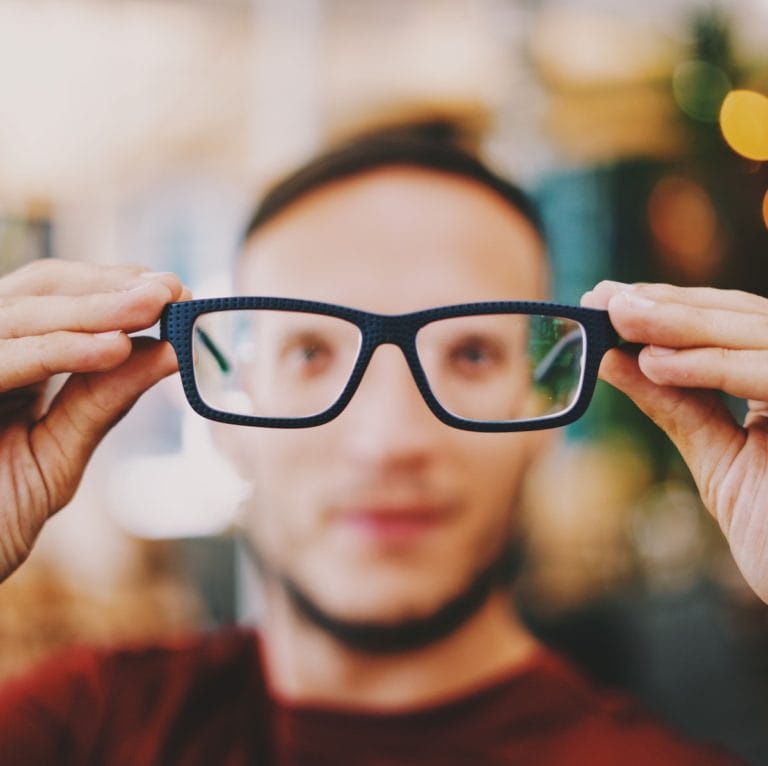Since 2000 global stress levels have soared to a point where in some countries it affects close to 60% of the population. The WHO labeled it as the epidemic of the 21st century, way before the COVID-19 pandemic sent it spiraling even higher, and studies show stress could be responsible for 95% of visits to US doctors. And, according to Australian behavioural optometrist Jacqueline Gattegno, it’s not only affecting people’s mental and physical health, it’s also impacting on existing vision problems and possibly causing new ones.
She says that everyday stresses in today’s world, whether negative or positive, have put people under pressure and made them feel they’ve lost control. With stresses brought about by factors such as close work, long hours, heavy concentration levels, large amounts of screen time, health and financial problems; it’s not surprising that the prevalence of vision problems is rising with the stress levels.
Stress and Vision: A Vicious Cycle
“Stress creates a vicious cycle, leading to many health problems like depression, high blood pressure, worry and fear, all of which, in turn, push stress levels still higher. And the same happens with its effect on vision,” Gattegno says.
“What powers the cycle to keep on turning is the increased levels of stress hormones, and particularly cortisol, which are set in action as the body switches to fight or flight mode to protect itself against what is interpreted as a threat. These hormones raise blood pressure, cause the heart to beat faster, boost metabolism, and dilate the pupils in the eyes in preparation for an eminent battle, but stress is different in that it can last for long periods.”
“Stress can cause sensitivity to light and movement; bring on dizziness and headaches. And it can also lead to eye twitching; dry or extremely watery eyes; blurred vision; eye strain; small floaters; and eyes that feel tight and swollen,” Gattegno says. “Importantly, it can also affect the ability to concentrate and focus, and sometimes result in sudden and temporary blindness, or even lead to vision loss.”
As Stress Levels Rise So Does the Vision Threat
She says short spells of stress usually have a temporary impact on vision which can disappear of its own accord within a few weeks if the cause of the stress is removed. It’s advisable to consult an eye doctor if the vision problems continue for even a short while.
Recent studies indicate that long-term stress can cause permanent vision damage and even result in vision loss.
“Raised levels of stress hormones (and cortisol in particular) can impact on important nervous systems, eyes, and even the brain, by disrupting blood flow in those areas. This could lead to optic neuropathy which causes eye pain, double vision, and loss of peripheral or side vision and colour vision and it may also increase the pressure in the eyes, causing (or worsening) glaucoma, an irreversible eye disease which can lead to vision loss,” says Gattegno.
For more information on eye health, visual skills and therapy, or to book an appointment, and how they can be treated, or to make an appointment for a regular eye check, visit the Smart Vision website: Optometrists Sydney: Optometry Services For Children and Adults | Smart Vision; for specific information about Myopia treatment and prevention visit Myopia Prevention: Solutions, Control And Treatment In Sydney; and for detailed information about Myopia Treatment visit Orthokeratology In Sydney: The Non Surgical Alternative.
To book an appointment for a thorough eye check-up, click here or Call the Bondi clinic on (02) 9365 5047 or the Mosman clinic on (02) 9969 1600.
Syndicated by Baxton Media, The Market Influencers, Your Digital Marketing Agency.







